
So, What Is “Normal” Anyway?
Let’s just throw this out there: “normal” is kind of a moving target, isn’t it? Ever noticed how sometimes, you wake up already tired, drink way too much coffee, and just… can’t shake off your worries? Or maybe you look around and it feels like everyone else has life together, but you? Not so much. Now press pause — what if you’ve been through the wringer with mental illness? Does that mean you can never feel “normal” again? Can a mentally ill person become normal?
That question nagged at me a lot when I was younger. In some ways, it’s a universal worry. The truth? Recovery is absolutely possible. Normal may look a little different than you pictured, but it can also be better, richer, and 100% real. And (spoiler alert) you’re not alone in asking.
No, Recovery Isn’t Just Meds
If you’re picturing those TV dramas where people take a magic pill and—boom—everything’s fixed, let’s set the record straight. Recovery is more like a messy, winding road trip than a straight line on a map.
Sure, medication can help. For lots of folks, it’s an important anchor. But for others, it’s just part of the picture, or not part at all. (And if you’ve ever wondered, Can you recover from mental illness without medication? You’re asking a smart question. Many people explore that path, blending therapy, lifestyle changes, and some real community support along the way.)
Real People, Real Recovery: The Stories Behind the Stats
Meet James
James’ story could belong to almost anyone. As a kid, he coped with voices in his head. As a teen, things got harder: self-medicating with alcohol and drugs, hurting himself and those around him. It spiraled until he ended up in a secure facility for his own safety. That sounds like rock bottom, doesn’t it? But here’s the twist—James began to recover. Step by shaky step, with treatment, support, and his own stubborn hope, he got sober, mended broken family ties, and eventually earned back full custody of his children. Today, he mentors others, holds his head high, and hasn’t been hospitalized in years. His “normal” is full of meaning, service, and healthy pride—a far cry from the dark days when he wondered if he could ever feel whole again. (read more personal stories)
Ana’s Comeback
Ana’s battle was less dramatic to outsiders but just as real—years of depression and anxiety, slipping into psychosis after holding everything inside. It took therapy, medication, family, and faith for her to turn a corner. Recovery? Not perfect, but 80% there. Today, she calls her life a dream compared to where she was: a job, a family, a sense of peace. (She also says, “never give up, live intensely, and God loves you.” That’s… kind of hard to argue with.)
How Far Can You Really Go?
Here’s where the science comes in—and honestly, it’s pretty uplifting. For decades, we thought of mental illnesses like schizophrenia as hopeless, permanent. But study after study says the opposite. Research from the National Empowerment Center found people diagnosed with even severe conditions can fully recover and regain major roles in society. Sometimes they stop needing meds altogether and lean on holistic health and peer support for the long haul (research on mental illness recovery).
And across cultures, we see something wild—in countries with more community warmth and less stigma, people have a higher rate of recovery and return to “normal” daily life. When you drop the fear and add hope, stuff starts to change in big ways.
Wait, What If I Never Lose All My Symptoms?
This is where it gets real honest. Recovery, for some, means no more symptoms. For others, it just means living well with symptoms—learning to manage, cope, and keep moving forward. It’s about building a life that’s worth waking up for. (Sometimes recovery is called “clinical”—like, the doctor says all symptoms are in remission. Sometimes it’s “personal”—you’re living your truth, working, loving, making plans, even if a little anxiety or sadness pops up now and then.)
| Type of Recovery | What It Means | How It Shows Up |
|---|---|---|
| Clinical Recovery | Symptoms fade, maybe even disappear | No (or few) visits to the hospital; less need for meds; feeling level-headed |
| Personal Recovery | You find meaning and purpose, even if symptoms linger | Working, having relationships, setting goals, enjoying moments, sometimes with help from 5 stages of mental health recovery |
Why Does Stigma Hold Us Back?
Here’s the elephant in the room: society’s still hung up on the idea that mental illness is forever. That once you’re diagnosed, you’re forever “other.” But the research isn’t shy—anyone can be labeled mentally ill at some point. And anyone (yes, you) can recover and find their “normal.” Honestly, the biggest barrier is fear. People get spooked at the idea that they’re not so different from someone struggling. It’s safer (they think) to keep a distance. But the moment we share stories—especially raw, messy, honest ones—the myth starts to crack.
Flipping the Script on “Illness Identity”
Ever noticed how easy it is to let a diagnosis define you? Suddenly you’re not Anna or James—you’re “bipolar,” “schizophrenic,” “the anxious one.” But when people heal, they often rewrite this personal story. There’s a cool piece of research about illness identity: letting go of the “mentally ill” label can open the door to real transformation. Instead of shrinking your world, you start adding layers—yes, you’ve been through tough stuff, but that’s not the whole story.
Finding Hope in Someone Else’s Shoes
I’ll never forget hearing from a guy in group therapy who explained, “I stopped seeing myself as broken, and instead as someone who got creative with pain.” Honestly? That line stuck with me. What labels are holding you back from seeing your real self?
The Steps to a True Comeback
So, can a mentally ill person become normal? Let’s answer that by looking at how it actually happens. Recovery flows through phases—sometimes it’s a sprint, sometimes a crawl. There are setbacks. Relapses. Days where you eat cereal in bed at noon (been there). But with each step, you build resilience, momentum, and confidence you didn’t think you had.
Mapping Out the Recovery Phases
Ok, if you haven’t checked out the 5 stages of mental health recovery, it’s worth it. The path usually looks something like:
- Shock/denial: “No, this can’t be happening.”
- Awareness: “Ok, this is real. What now?”
- Preparation: “Let’s find tools, people, supports.”
- Rebuilding: “I’m learning new ways, starting to feel like myself.”
- Growth: “Hey, I’m not just surviving—I’m thriving.”
And everyone paces these steps differently. Maybe you slip backwards for a bit. Maybe you soar ahead. The point is: there IS a path, and it leads somewhere good.
The Little Victories Add Up
I remember Natalie’s story—she fought a mood disorder and alcoholism. Quitting drinking wasn’t the only solution… it was working with counselors who just got it, who saw her whole story, that made the difference. Years later, she’s sober, out of hospital, and living proof that real, sturdy recovery is possible (read her story).
What About When Recovery Isn’t Linear?
Here’s the “messy truth” part: Some days will stink. Sometimes recovery means rerouting—maybe you need to try therapy, peer support, a spiritual path, or just a new hobby that brings you joy. Does every mentally ill person get back to “pre-illness” life? Not always in a traditional sense. But most people can—and do—build a satisfying, purpose-filled “new normal.”
Thriving: It’s Not Just Surviving
This blew my mind: recent studies found lots of people who had severe mental health struggles end up reporting higher well-being and fulfillment than they ever imagined. It’s not about feeling “fixed”—it’s about thriving, however that looks for you. (And even folks who’ve had multiple or long-lasting challenges can get there—it’s just more winding.)
Don’t Go It Alone: Support Works Wonders
I love how the best recovery stories are never solo acts. It’s friends, family, counselors, peer groups, hotlines, sometimes pets… or just whoever won’t judge you on your hard days. There are even government and non-profit agencies (like SAMHSA) that help people manage life with serious mental illness and find their own road back (find help and resources here).
Another great starting point: talking to someone you trust about can you recover from mental illness without medication if you’re considering all your options, or exploring the 5 stages of mental health recovery if you want a roadmap that doesn’t feel like a dead-end.
Busting Myths, Encouraging Possibility
So, let’s land on it—can a mentally ill person become normal? Here’s my friend-to-friend answer: Yes… just maybe not the “normal” you thought you were supposed to want. Maybe something better. It’s about feeling like yourself, building meaning, having relationships, making jokes, getting frustrated, and then getting back up anyway. You know, being human.
The myth that recovery is impossible? Science—and real stories—have blasted that to bits. Progress isn’t always fast, and sometimes “normal” just means enjoying coffee again without dread. Or getting outside. Or laughing with your kids. If you hear anything from this ramble, let it be that you’re not alone. And that hope isn’t silly—sometimes, it’s the most practical step you can take.
Next Steps: Your Turn
What if you started today? Maybe it’s reaching for a helpline, texting a friend, reading up on the 5 stages of mental health recovery, or asking yourself honestly: “What does a meaningful life look like for me?” There’s no wrong answer. You deserve to feel like yourself again, wherever you’re starting from. And if you’re reading this and thinking, “They don’t know how low I am”—believe me, lots of us have stood there, dreading the morning, unsure if anything could change. But it did. And it can for you, too.
One foot in front of the other… and if you fall, let’s get up and laugh about it together. That’s how we get to the kind of “normal” that matters—the one you write for yourself. You got this.

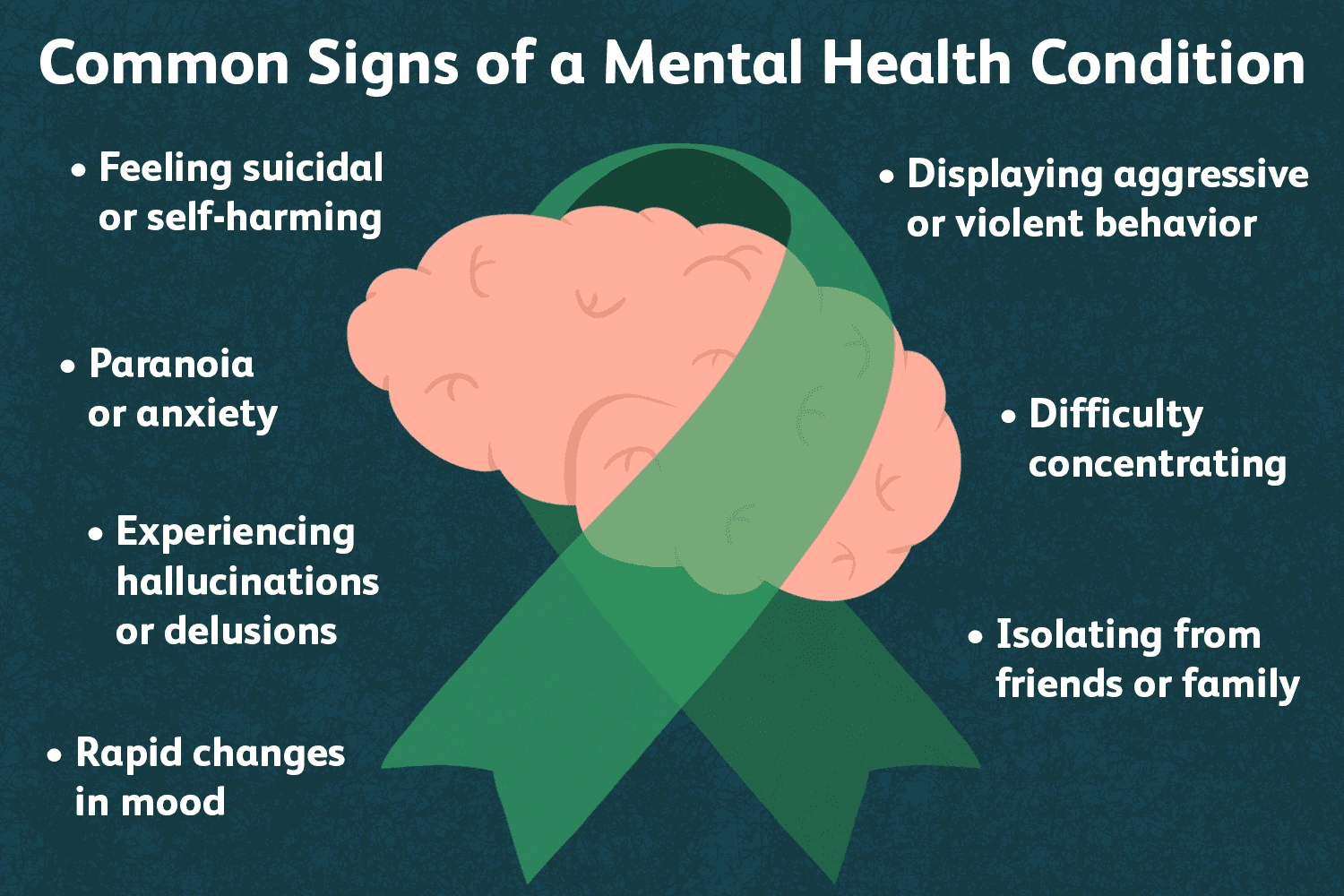
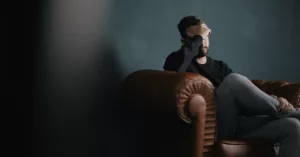


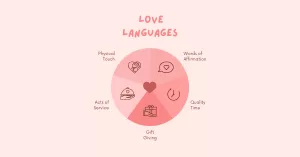



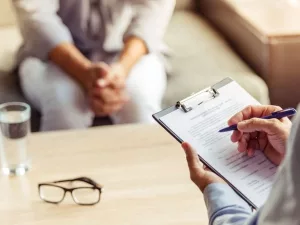












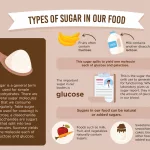


Leave a Reply
You must be logged in to post a comment.